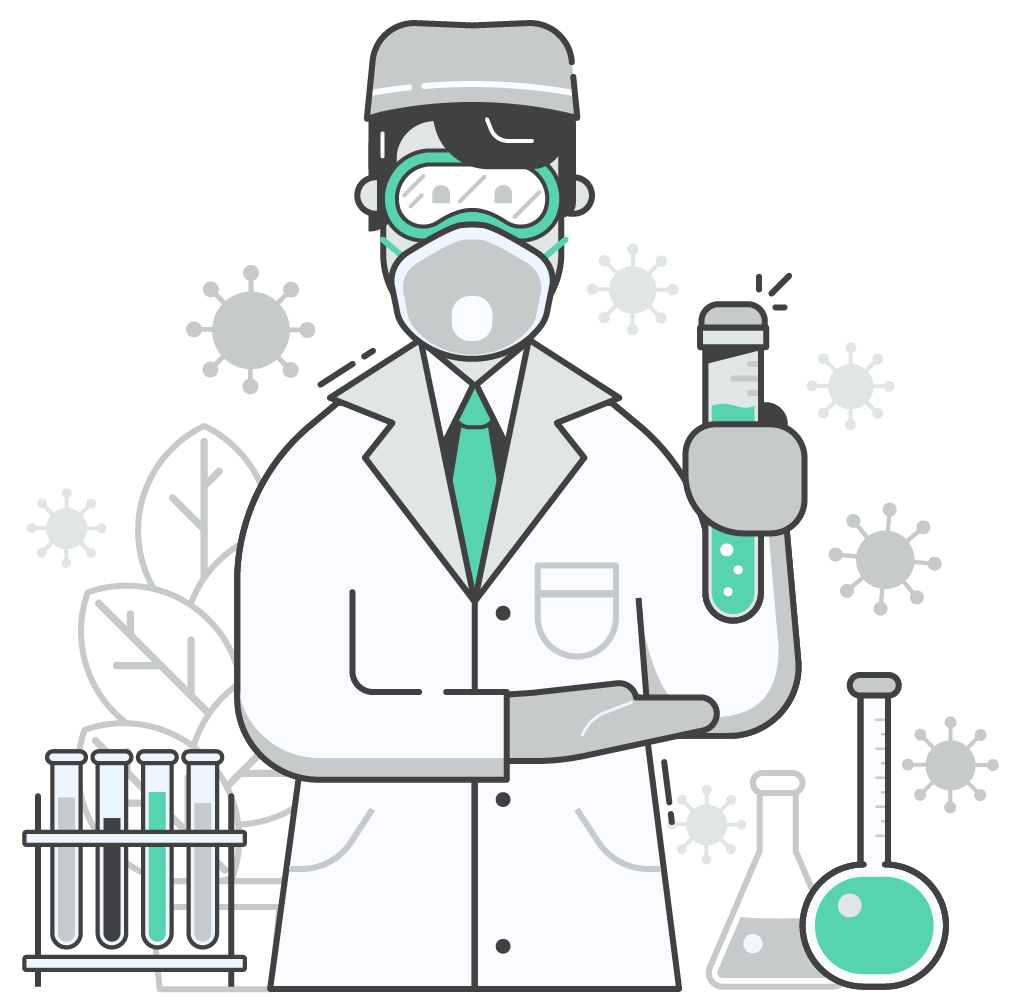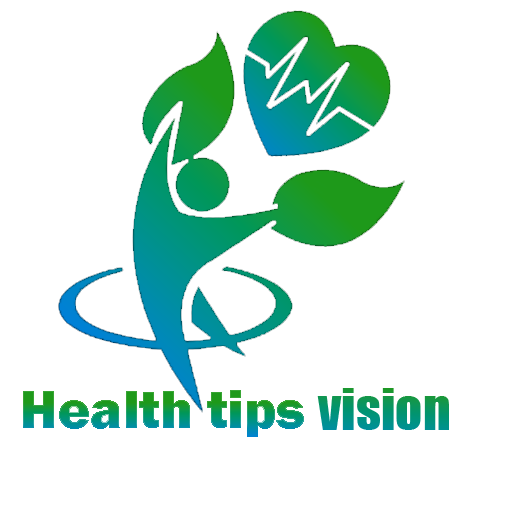How to Put on Weight Safely
Whenever we discuss health, we frequently bring up weight loss. Nonetheless, there are instances when gaining weight is necessary. Regardless of your age or gender, there are a few situations in which your doctor may recommend that you put on weight. This may sound contradictory.
In addition to the “why,” there’s the “how.” Even if you have to gain weight, you should still follow a healthy diet and avoid packing your meals full of high-fat and high-sugar foods. Even though you will gain weight, your body may not benefit from that strategy.
We discussed the reasons behind your doctor’s request with pediatrician Ellen Rome, MD, and registered dietitian.
Why your physician may advise you to put on weight

There are several reasons why your doctor could suggest that you put on weight, regardless of your age—from an adult to a kid or teenager.
Less than the recommended healthy body weight
According to Peart, medical professionals will search for indicators of a healthy body weight. If they determine you are underweight, they may suggest you put on weight. “A doctor can use body mass index (BMI) to determine whether a patient is at an unhealthy low weight, even though it may have many disadvantages,” the spokesperson adds. “The issue is whether your body and immune system are receiving enough energy (calories), vitamins, and minerals to function properly.”
Battling illness
Dr. Rome suggests that you could be battling an acute or chronic sickness as an additional factor. This may be for a child or an adult. “If the patient has lost a significant amount of weight, it may be related to inflammatory bowel disease,” she explains. “Alternatively, a cancer patient might need to strengthen themselves before starting therapy. “This kind of need may also arise following major surgery, such as a dental procedure that impairs your eating ability or another procedure that causes you to lose weight. “A person isn’t at their usual body weight after something like that, where they haven’t been able to maintain a normal diet, and they will need to regain it,” says Peart.
She continues, “It’s also possible that different treatments impact taste or appetite.” “Food may taste metallic when taken with certain medications, which makes you eat less because it doesn’t taste good.”
Disorders related to restricted or avoidant eating
According to Dr. Rome, children may need to gain weight due to a recently identified disorder called avoidant/restrictive food intake disorder (ARFID), even though food-restrictive diseases like anorexia nervosa are among the reasons someone would need to gain weight. She says, “These kids fit into a few different groups and might be in more than one group.”
Kids whose food intake is restricted due to their pickiness or lack of interest in eating.
Among these groups are:
Kids who think food is scary or harmful. For instance, Dr. Rome explains, “a child may wish to avoid that food if they choke or become ill from it.” Children who suffer from various ailments that make them avoid meals, such as persistent abdominal pain, COVID-19-related loss of taste and smell, or loss of appetite from other diseases, such as infectious mononucleosis
She continues, “We’re learning more and more about how to support the kids who have been diagnosed with ARFID.
How to safely put on weight
if gaining weight is your objective, achieving it in a wholesome, nutrient-dense manner that won’t be detrimental to your body or long-term health is critical. And it’s easier than you might imagine doing that.
Good fats for children
the appropriate balance of proteins, lipids, and carbohydrates is essential for fueling your body’s needs, particularly in growing children. Dr. Rome claims that the way fat is sometimes treated is the issue. “You can’t apply the advice to a child’s diet—a parent may be told to reduce their intake of fats,” the expert argues. “A person’s daily fat intake should range from 50 to 90 grams from early adolescence to age 26.” Foods high in these fats, such as hummus and avocados, Making guacamole using avocados is a terrific method to appeal to children’s palates. In moderation, Dr. Rome adds, it’s also acceptable to occasionally treat yourself to some ice cream.
Choose foods high in calories.
It’s comparable for grownups. Peart advises striking a balance between eating more items high in calories and having some nutritious value. It involves more than just calories. You may assume that consuming a lot of candy would increase calorie intake, but not in a beneficial way, the speaker adds. “You also don’t want to eat lower-calorie snacks like popcorn.”
Alternatively, she suggests avocados as a staple snack. She notes, “It has healthy fat and is heart-healthy.” Additional recommendations are as follows:
Nuts with cheese.
Nut butter (almond and peanut butter)
dried fruit.
She says, “These foods help add more calories to your meals or snacks.” “Even when having a salad, you can add some dried fruit and avocado to layer in those extra calories in a healthier, more nutrient-rich way.”
Shakes with protein
Dr. Rome suggests many shakes as a supplement for kids, and Peart suggests shakes for adults. Dr. Rome suggests children should avoid powders and opt for store-bought pre-mixed smoothies instead. “They’re ideal for a parent to prepare the night before and serve a child for breakfast because “Peart recommends protein drinks or smoothies for those with lesser appetites. “Drinking is one way to get those calories because, for some people, ” she explains. Additionally, you can include things like fruit, honey, and even dry oats.
Consuming food regularly all day
According to Peart, a problem for some adults who wish to gain weight is that they need help to eat a lot at each meal. According to her advice, smaller, more frequent meals and snacks should be had throughout the day, roughly every two to three hours. “This can help if something, such as a decreased appetite, keeps you from eating as much from a traditional three-meal structure. “consuming smaller or including snacks in addition to meals can help you consume enough calories to acquire the weight you need without making you eat when you’re not hungry.
Don’t have alcohol right before dinner.
If you have trouble feeling full after a meal, avoiding consuming significant amounts of liquids beforehand can help keep your stomach slightly empty. According to Peart, “Everything you drink before a meal fills your stomach, which may help you feel less hungry when you start eating.” Drink in between meals rather than immediately before.
How soon is it safe to start gaining weight?
Since each person is unique, so is how our bodies respond to food. Therefore, any weight-gain strategy must be carried out under medical supervision or with the advice of a registered nutritionist. Everything related to weight involves a procedure that.
Ways to Put on Weight Quickly While Staying Safe and Well,
you can gain weight, carbs, and healthy fats. Try eating meat, nuts, dried fruit, and smoothies.
Which food promotes weight gain the most?
It’s critical to follow the proper procedures if your goal is to gain weight. Drinking soda, doughnuts, and other junk food may initially aid in weight gain, but it can also raise your risk of diabetes, cancer, and heart disease. Growing a healthy quantity of subcutaneous fat and muscle mass is a better weight-growing strategy than gaining a significant amount of harmful abdominal fat. Recent research in animals indicates that
Why is it significant to acquire weight?
Underweight individuals predominate in the US.
Some people may have a quick metabolism or be genetically underweight. Additionally, being underweight may be a sign of inadequate diet or underlying medical issues.
Furthermore, many less underweight people could still have additional motivations for gaining weight and building muscle. The basic ideas are the same whether you’re trying to put on muscle or are malnourished.
What does the term “underweight” really mean?
Underweight is defined clinically as having a body mass index (BMI) of less than 18.5. According to estimates, this is less body mass than required to maintain ideal health.
But remember that the BMI scale, which solely considers height and weight, has numerous flaws. Muscle mass is not taken into consideration. Individuals can be healthy with varying body types and BMIs. This scale does not always indicate that you have a health issue if you are underweight. Estimates that women are approximately twice as likely as men to be malnourished. In a US poll, respondents were divided into males and women.
Risks to one’s health associated with underweight
it might be detrimental to your health to be underweight.
According to a study, clinically underweight people have almost double the chance of dying than people who are obese. This finding raises the possibility that being underweight is more harmful to one’s health than being obese. Furthermore, a different study discovered that after the age of 38, underweight people’s self-reported health outcomes drastically decreased, suggesting that having a low BMI later in life may come with more health hazards.
Underweight can affect immune system performance, increase infection risk, induce osteoporosis and fractures, and interfere with conception. Additionally, underweight individuals have a significantly higher chance of developing sarcopenia, an age-related
Various methods for putting on weight
there are several methods you can use to bulk up, regardless of your motivation to put on weight. Below, we’ve listed several strategies to aid in your weight gain. Up the amount of calories you consume, eating more calories than your body requires, or creating a calorie surplus is the most crucial thing you can do to gain weight. With the help of our calorie calculator, you can figure out how many calories you need. The calculator suggests aiming for 300–500 calories more than your daily burn to gain weight gradually and steadily. Aim for between 700–1,000 calories above your maintenance level to gain weight quickly. Remember that calorie calculators are only meant to be used as approximations. While counting calories forever is unnecessary, it might be beneficial to do so in the initial days or weeks to understand how many calories you’re consuming. There are lots of excellent tools available to support you.
OVERVIEW
it would help if you consumed more calories than your body expels to gain weight. If you gain weight quickly, aim for 700–1,000 calories.
Eat more protein.
Sufficient intake of premium animal-based proteins is crucial for the best possible human development, growth, and well-being.
Lean muscle mass will grow with increased protein, according to a 2020 study with twenty-three participants. In healthy people who engage in moderate to vigorous physical exercise, the Recommended Dietary Allowance (RDA) for protein is 1 to 1.6 grams per kilogram of body weight per day. This will aid in the development of skeletal and muscular mass as well as physical strength. For healthy people, a daily protein intake of up to 2 grams per kilogram may be safe, with a daily maximum of 3.5 grams per kilogram of body weight. Meats, seafood, eggs, legumes, nuts, and dairy products are high in protein.
Eat more fat and carbohydrates.
Many people try reducing fat or carbohydrates when attempting to lose weight.
It may be more challenging to consume enough calories, which could make weight gain easier. If gaining weight is essential, drink a lot of high-fat and high-carbohydrate foods. Consuming a lot of carbohydrates, fat, and protein with every meal is ideal. It would help if you stayed away from eating regimens like intermittent fasting. While there may be advantages to this diet plan beyond weight reduction, it may make it Eat three meals a day at the very least, and wherever possible, include energy-dense snacks.
SUMMARY
Eating at least three meals a day and ensuring that they contain lots of fat, carbohydrates, and protein can help you gain weight.
Increase your consumption of foods high in energy.
Eating predominantly whole foods, such as fruits, vegetables, whole grains, and legumes, is crucial.
Nevertheless, compared to processed junk food, these meals are typically more satisfying, making it more challenging to consume enough calories. This can be assisted by using abundant sauces, condiments, and spices. Eating a lot of food may be easier if it tastes better. Toppings can contribute extra calories. Also, make every effort to highlight foods high in energy. These are foods with high-calorie contents about their weight. These foods are high in energy and could be beneficial.
What is the estimated duration of weight gain?
Consuming 500 extra calories every day can help an individual acquire an average of roughly 15 pounds (6.8 kg) over the course of six months.
A more aggressive weight gain strategy involving an additional 1,000 calories per day might allow for a gain of roughly 25 pounds (11.4 kg) over the course of six months. But a significant increase in weight might be fat. For some people, gaining weight can be challenging, and everyone will experience weight gain differently.
This could be the case since your body may have a set point weight that feels most comfortable. According to theory, if you attempt to fall below your set point






